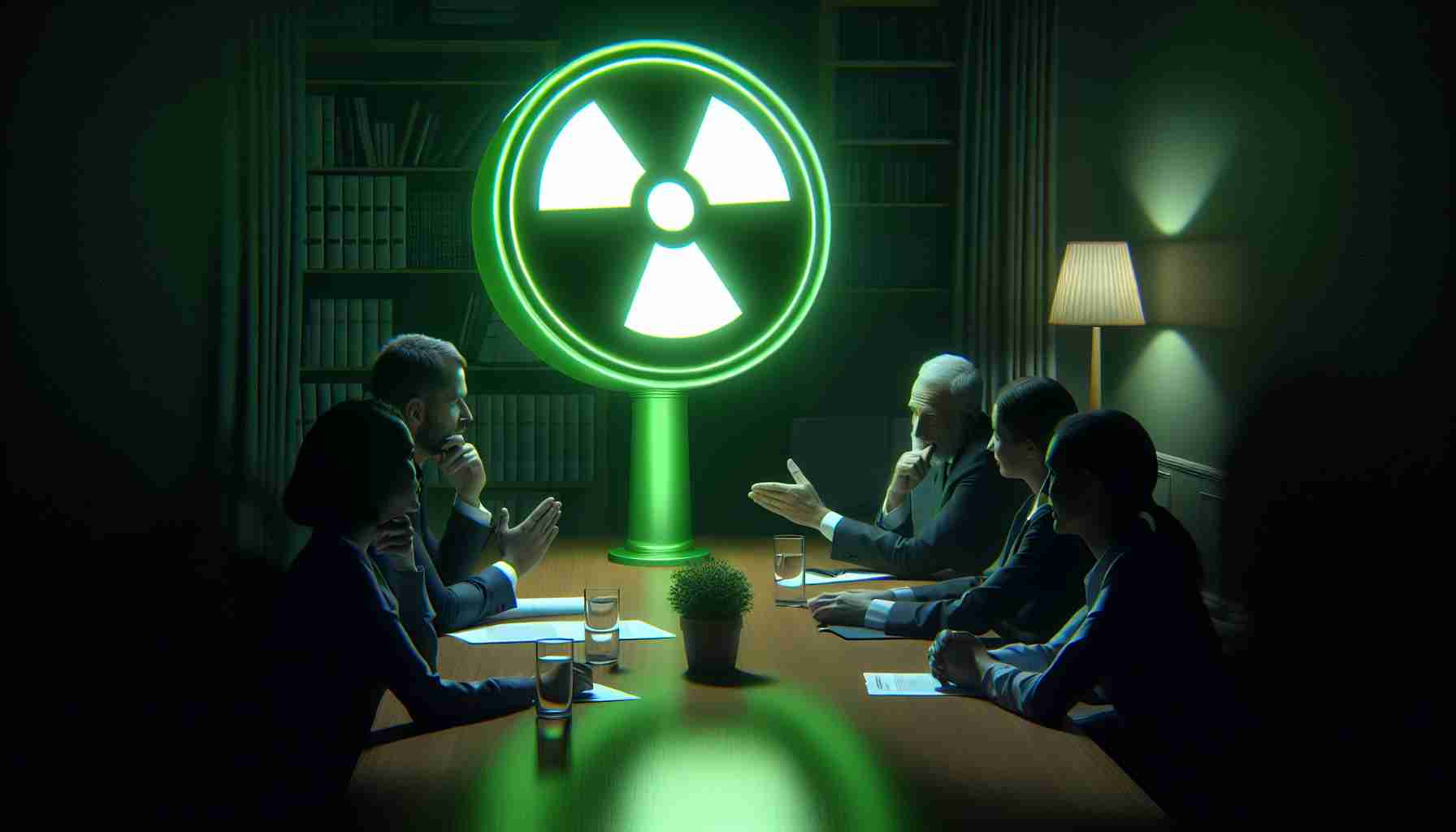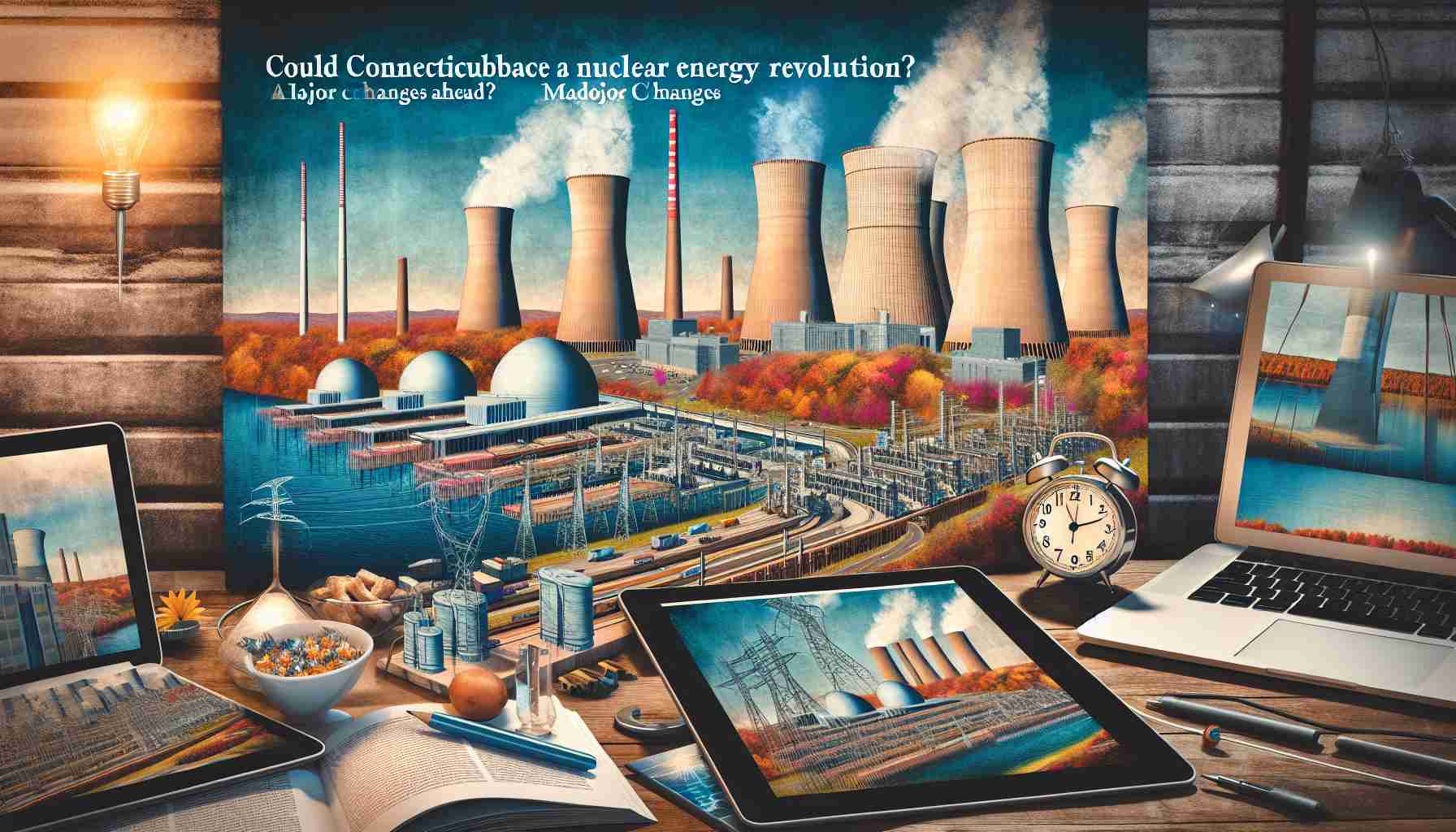The prospect of Donald Trump’s presidency may bring significant challenges for environmental policies. With his past comments dismissing climate change as a “hoax,” many are concerned about the future of renewable energy. Trump has expressed fervent support for fossil fuels, claiming they are invaluable, while criticizing initiatives towards green energy as mere scams.
However, there may be a chance for nuclear energy to gain traction under his administration. Previous discussions hinted at a complex relationship with nuclear power; while he acknowledged its potential benefits, he also raised valid concerns about safety and complexity. A push from the Trump administration toward supporting nuclear energy could align with his economic ambitions.
Nuclear energy presents numerous advantages for the American economy, contributing billions annually and offering high-paying jobs. With a relatively low carbon footprint and extended operational longevity compared to fossil fuel plants, nuclear facilities can meet energy needs effectively while also aiding in job creation across the country.
Additionally, enhancing the U.S. nuclear sector could foster energy independence, critical to Trump’s agenda. While currently, a large percentage of uranium is imported, the prospect of increased domestic mining could shift that balance.
Globally, America risks falling behind in the nuclear industry. As other nations seek to expand their nuclear capabilities, Trump’s administration has a unique opportunity to take the lead. With proper encouragement, nuclear energy could become a pivotal part of the future, resonating with both political and economic aspirations.
How Trump’s Presidency Could Reshape America’s Nuclear Energy Landscape
The Changing Dynamics of Nuclear Energy under Trump
The anticipated presidency of Donald Trump presents a unique landscape for the future of nuclear energy in the United States. As discussions around climate change and renewable energy swirl, the potential for nuclear power to become a central player in America’s energy strategy emerges as a significant topic.
Pros and Cons of Nuclear Energy
Nuclear energy offers a range of advantages, but it also comes with its share of challenges. Here are some key pros and cons:
# Pros:
– Low Carbon Emissions: Nuclear power plants produce minimal greenhouse gases during operation, making them a viable option for reducing overall emissions and combating climate change.
– Energy Independence: By boosting domestic uranium mining and reducing dependency on imports, the U.S. could achieve a greater sense of energy sovereignty.
– High Job Creation: The nuclear sector is known for offering high-paying jobs, contributing positively to the economy and supporting local communities.
# Cons:
– Safety Concerns: Nuclear energy’s safety record is a double-edged sword. While modern technology has improved safety measures, public apprehension remains high following incidents like Fukushima and Chernobyl.
– Waste Management: The long-term storage of nuclear waste poses significant environmental challenges that must be addressed responsibly.
– High Initial Costs: Building nuclear power plants involves substantial upfront investment, which can deter stakeholders despite potential long-term benefits.
Innovations and Trends in Nuclear Energy
As the global energy sector evolves, innovations in nuclear technology are emerging. Small Modular Reactors (SMRs) are gaining attention for their potential to offer safer and less expensive nuclear energy solutions. These reactors can be built in factories and transported to sites, reducing construction costs and timeframes while also enhancing safety.
Market Analysis and Future Predictions
The nuclear energy sector is witnessing a resurgence, fueled by renewed interest in sustainable energy sources. Some market analysts predict that the U.S. nuclear industry could experience growth through increased investment and government support. Additionally, as global energy demands rise, the U.S. may have the opportunity to assert its influence in the international nuclear arena by leading innovation and setting safety standards.
Security Aspects and Sustainability Concerns
From a security perspective, investing in domestic nuclear energy can enhance national security by reducing vulnerability to foreign energy supply disruptions. However, it is crucial to pair this with rigorous safety protocols and anti-proliferation measures to ensure that expansion does not compromise safety or security.
Conclusion
In conclusion, as the political landscape shifts, the dialogue surrounding nuclear energy is likely to intensify. While Donald Trump’s presidency may initially signal challenges for broader environmental initiatives, there remain significant opportunities for nuclear energy to play a critical role in shaping America’s energy future. If approached thoughtfully, this could foster both economic growth and energy independence.
For further insights into energy policies under the Trump administration, visit energy.gov.
The source of the article is from the blog radiohotmusic.it



